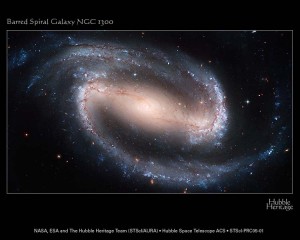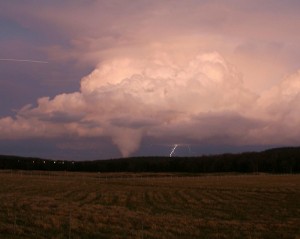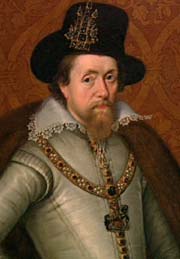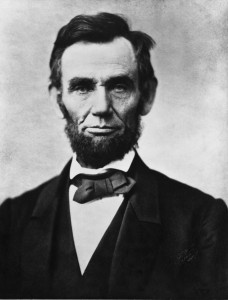I recently read two books on Bible and science issues. One was the summary of RATE research by Dr. Don DeYoung, Thousands…Not Billions, which spoke in favor of detailed scientific support for a young age for the earth (with which I agree). I was refreshed by the honest spirit I found. At points where the evidence supported a young earth but also left further challenges in different directions, DeYoung did not duck the question and admitted the need for further research by young earth scientists. He also couched his statements in terms of absolutes when he thought things were clear but in probabilistic terminology when young earth conclusions could be held but the evidence did not rule out other interpretations automatically.
The other book I just finished is Francis Collins’ book The Language of Love. Collins is the somewhat famous head of the government genome project. He is also one of the founders of BioLogos, an organization dedicated to propagating the position of theistic evolution. It seemed for the most part to be a book recycling the old argument that similarity implies common ancestry biologically speaking. It just adds the detailed information of the human and animal DNA to the argument.
One of the interesting comments I found by Collins was the following: “While many scientists ascribe to TE [theistic evolution], they are in general reluctant to speak out for fear of negative reaction from their scientific peers, or perhaps for fear of criticism from the theological community” (p. 202). While I can accept this concern to some degree, I find the concern to be somewhat puny next to the same concern for young earth creationists who are scientists or even those old earth creationists who don’t believe in evolution. I have a friend who teaches in the sciences in a major state univeristy. He once confided that he could lose his job if he became vocal about his rejection of evolution. There are many qualified scientists who reject Darwin’s theory and who keep quite for fear of their jobs. Also, there are many educational and research institiutions that would never hire a young earth creationist. This seems to contradict the fact that the same crowd who rejects such people also seems to trumpet pluralism and invoke it when necessay to get their viewpoints across or put other viewpoints down. All in all, who is trying to intimidate who?









